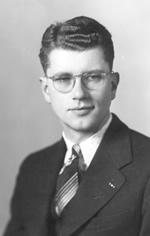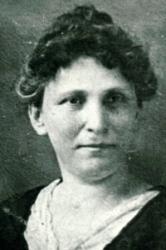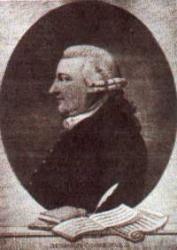
1778 - 1865 Person Name: William H. Drummond Author of "A Voice From the Desert" in The Cyber Hymnal Drummond, William Hamilton, D.D., son of an Irish physician, was born at Ballyclare, Antrim, Ireland, 1772, and died at Dublin, Oct. 16, 1865. Educated for the ministry at the University of Glasgow, he became, in 1793, the pastor of the Second Presbyterian Church, Belfast, and in 1816, of the Strand Street Chapel, Dublin. His poetical works include:—
(1) Juvenile Poems, 1797; (2) Trafalger, 1805; (3) The Giant's Causeway, 1811; (4) Clontarf, 1817; (5) Who are the Happy? a Poem, on the Christian Beatitudes, with other Poems on Sacred Subjects, 1818.
In 1818 A Selection of Psalms & Hymns for the Use of the Presbytery of Antrim, and the Congregation of Strand Street, Dublin, was published at Belfast. This Selection was probably edited by Dr. Drummond. It contained several of his hymns. Five of these (Nos. 84, 190, 201, 236, 264) were contributed to that edition.
From Who are the Happy? the following hymns have come into common use:—
1. A voice from the desert comes awful and shrill. Advent. This is in extensive use in the Unitarian hymn-books of America.
2. Come, let us sound her praise abroad. Charity.
3. Father, I may not ask for less. Charity. This is stanzas ii.-v. of No. 2, with a new introductory stanza. In this form the hymn was given in the Leeds Hymn Book, 1853.
4. Give thanks to God the Lord. Victory through Christ. Limited in use, although a hymn of much spirit. It appeared in the Belfast Psalms & Hymns, 1818.
5. O had I the wings of a dove. Retirement. This hymn is not suited to congregational use. It appeared in the Belfast Psalms & Hymns, 1818.
The original texts of these hymns are in Lyra Britannica, 1867, from whence also most of the biographical facts have been taken. A few of Drummond's hymns, in addition to those named, are found in some American Unitarian collections.
-- John Julian, Dictionary of Hymnology (1907)
======================
Drummond, William, p. 312, ii. In the British Museum there is a copy of Drummond's Poems as fol¬lows :— Poems by William Drummond of Hawthornedene. The second Impression, Edinburgh. Printed by Andro Hart, 1616. Neither the Flowers of Zion, nor the translations from the Latin are therein.
--John Julian, Dictionary of Hymnology, Appendix, Part II (1907)
William Hamilton Drummond


 My Starred Hymns
My Starred Hymns









